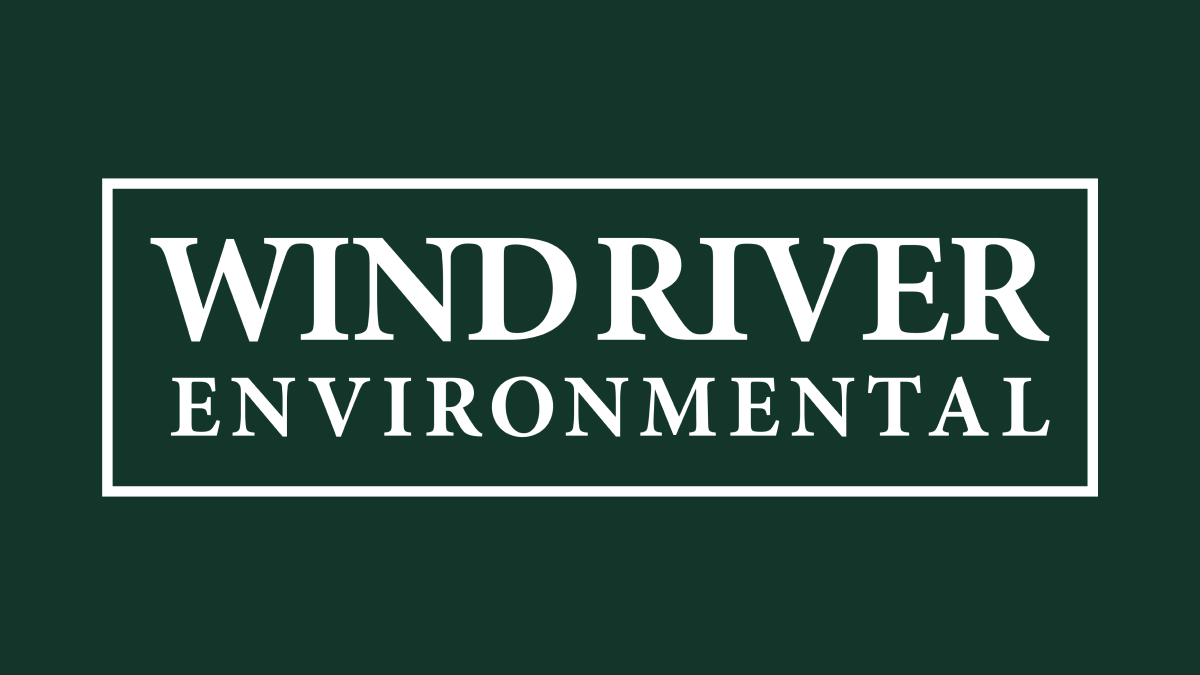When it comes to septic systems, there are two main pillars that every homeowner should be well-versed in: Preventative Maintenance and Regulatory Compliance. While these two may seem similar, they serve different purposes and require distinct approaches. Understanding the difference can save you money, time, and help ensure the longevity and efficiency of your septic system. In this blog, we at Wind River Environmental aim to break down these two crucial aspects to help you make informed decisions.
What is Preventative Maintenance?
Preventative Maintenance refers to the proactive measures taken to keep your septic system in optimal condition. The goal is to anticipate potential issues and mitigate them before they become significant problems. This can involve:
Regular Inspections: Ideally done annually, inspections can help identify issues like leaks, clogs, and other operational issues.
Pumping the Septic Tank: Depending on the size of the tank and household usage, septic tanks usually need to be pumped every 3-5 years.
Checking Drain Fields: The drain field should be kept clear of deep-rooted plants that could damage the system and should not be driven over by heavy vehicles.
Monitoring Water Usage: Conserving water and spreading out water use can significantly improve the longevity of your septic system.
Avoiding Harmful Chemicals: Flushing chemicals can kill the beneficial bacteria in the septic tank, disrupting the system’s balance.
What is Regulatory Compliance?
Regulatory Compliance, on the other hand, refers to adhering to the laws and regulations set forth by local, state, and federal agencies concerning septic systems. This involves:
Permitting: Ensuring you have the appropriate permits for the installation, repair, or modification of your septic system.
Inspection Records: Some localities require periodic inspections by certified professionals, the records of which have to be maintained.
Environmental Guidelines: Adhering to rules that protect water quality, such as keeping your septic system a specified distance from water bodies.
Reporting and Documentation: Keeping accurate records and reporting any malfunctions or repairs to regulatory agencies, as required.
Local Rules and Codes: Adherence to any additional community-specific rules or covenants that apply to septic systems.
The Interplay Between Preventative Maintenance and Regulatory Compliance
While Preventative Maintenance is more of a proactive approach, Regulatory Compliance is reactive in nature, ensuring that you meet the minimum legal requirements. However, both are intrinsically linked. Adequate Preventative Maintenance not only ensures the longevity of your septic system but also makes it easier to stay in compliance with regulations. For instance, a well-maintained septic system is less likely to fail an inspection or cause environmental damage, both of which could result in legal consequences.
Why Both Matter
Ignoring either aspect can result in costly repairs, legal troubles, and even health risks. A poorly maintained septic system that complies with regulations is still susceptible to failure. Similarly, a well-maintained system that doesn’t meet regulatory standards could result in fines or legal action.
Balancing Preventative Maintenance with Regulatory Compliance is the key to a hassle-free and efficient septic system. For homeowners who find this overwhelming, professional services like those offered by Wind River Environmental can be a lifesaver. From regular inspections to helping you navigate the labyrinth of regulations, we've got you covered.
For more information or to schedule a service, feel free to contact us. Let’s work together to keep your septic system both efficient and compliant.



